 The New York Times has created another neat text visualization, this time for the Republican Debate. The visualization has two panels. One shows the video, a transcript, and sections. You can jump the video using the transcript or section outline. The other is a “Transcript Analyzer” where you can see a rich prospect of the debate divided by speeches and you can search for words. What is missing is some sort of overview of what the high frequency words are and how they collocate.
The New York Times has created another neat text visualization, this time for the Republican Debate. The visualization has two panels. One shows the video, a transcript, and sections. You can jump the video using the transcript or section outline. The other is a “Transcript Analyzer” where you can see a rich prospect of the debate divided by speeches and you can search for words. What is missing is some sort of overview of what the high frequency words are and how they collocate.
So, I have created a public text for analysis in TAPoR and here are some results. Here is a list of words that are high frequency generated using the List Words tool. Some interesting words:
People (76), Think (66), Know (48), Giuliani (42), Clinton (33), Reagan (13), Democrats (16), Republicans (11)
Health (45), Government (35), Security (35), Country (25), Policy (16), Military (15), School (15),
Marriage (23), Insurance (23), Conservative (23), Private (22), Let (21), Gay (12)
Iraq (13), Iran (12), Turkey (7), Canada (2), Darn (2), Europe (5),
Immigrants (5), Citizens (2)
Man (7), Mean (7), Woman (4), Congressman (25)
Answer (10), Problem (10), Solution (5), War (12)
Continue reading Republican Debate: Analyzing the Details – The New York Times
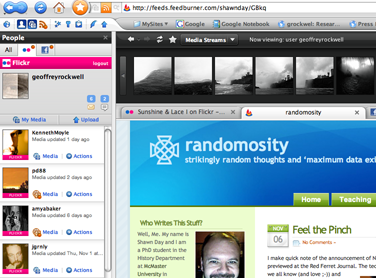 I’ve been experimenting with Flock – The Social Web Browser. It to have integrated support for social network sites like Flickr and Facebook. The interface is confusing, perhaps because of everything it is trying to do, or my not getting it. Some of things it does are:
I’ve been experimenting with Flock – The Social Web Browser. It to have integrated support for social network sites like Flickr and Facebook. The interface is confusing, perhaps because of everything it is trying to do, or my not getting it. Some of things it does are: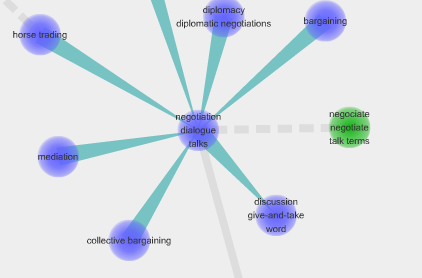 Visuwords online graphical dictionary and thesaurus
Visuwords online graphical dictionary and thesaurus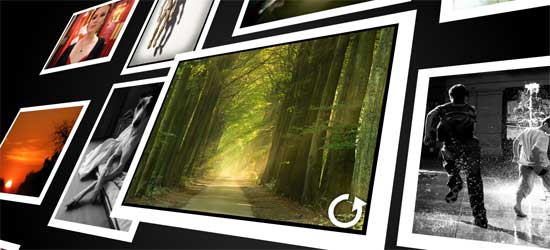

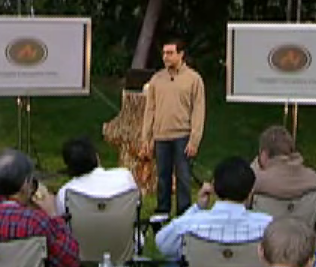


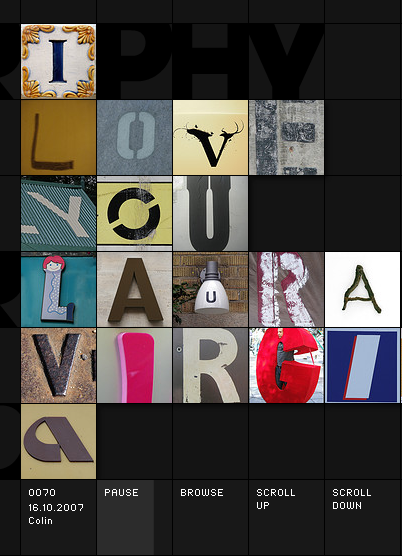 Typography Kicks Ass: Flickr Bold Italic
Typography Kicks Ass: Flickr Bold Italic